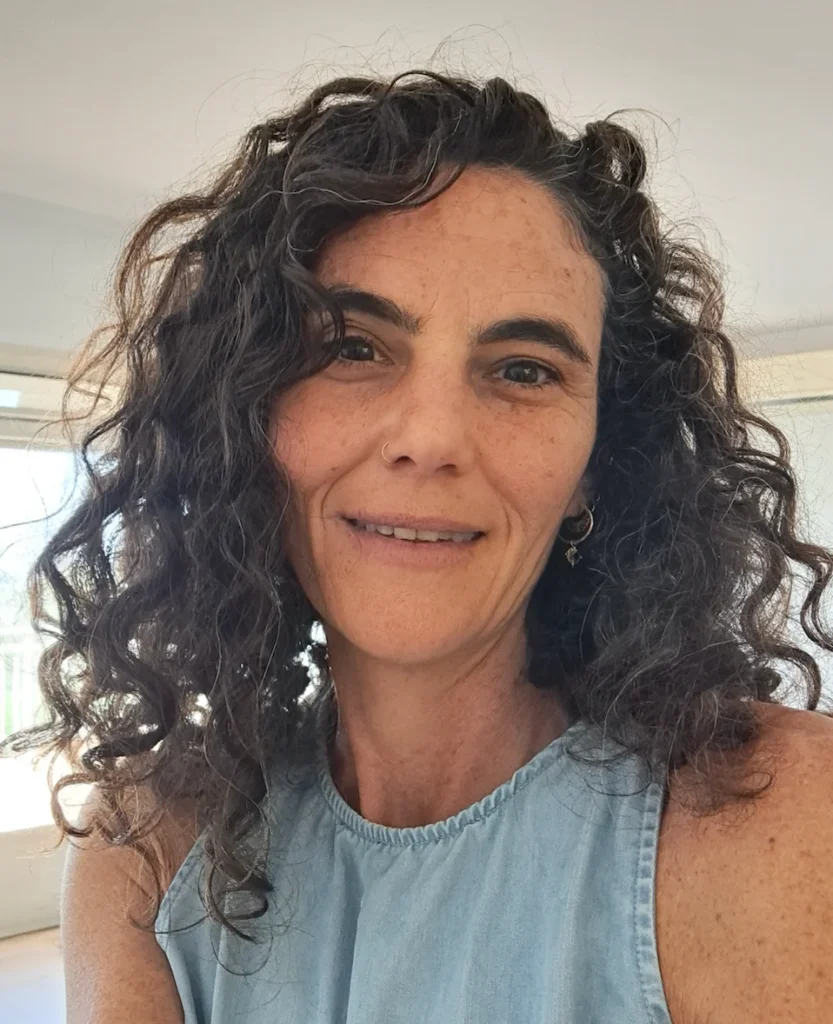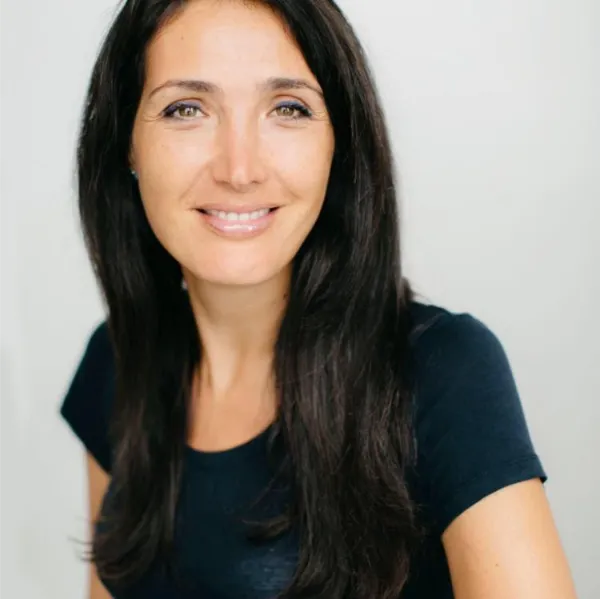Children's Autism Assessments

Virtual & In-Person Appointments
Specialist Autism Diagnosis & Treatment For Children
We offer comprehensive autism assessments in a supportive, confidential setting. Our expert team provides accurate diagnoses through evidence-based evaluations, helping you & your child gain clarity and practical steps to thrive.
Autism Spectrum Disorder (ASD) Service for Children

ASD Online Assessment
Overview
The questions to answer in the assessments are entered anonymously. You are not required to provide any contact information to receive your results. The assessments results are visual and detailed, providing information and assessment across multiple, different risk areas related to ASD. The responses you provide are compared to those provided by individuals who have been diagnosed with an ASD disorder to determine risk level.
Note: The brief questionnaires are not substitutes for a professional evaluation by a trained clinician.
How we can help you
The world can be confusing and sometimes overwhelming for autistic children and young people. They can find it difficult to understand social subtleties of how to ‘read’ and relate to other people. This means they may not pick up social cues or may behave in ways that are considered socially unexpected.
The team at Harley Row Clinic is governed by strong professional principles when it comes to the practice’s young patients, insisting on seeing children face-to-face in the clinic for an assessment after an initial virtual call. This ensures each child is assessed comprehensively, with their behaviour, attention, development and how they function in various settings all taken into consideration. Non-verbal cues, body language, and interaction patterns can also be valuable in forming a diagnosis, which can be more challenging when assessing virtually.

What to expect from your visit to Harley Row
STEP 2
STEP 4
After your results, treatment takes a series of simultaneous paths – a three-fold approach: medication to treat symptoms, and a longer-term combination of psychological intervention and functional medicine.
Many mental health conditions have a biological basis, and psychiatric medications can fulfil a key role in providing relief from symptoms. By treating symptoms, individuals can function better in their daily lives and stabilise their mood – all of which makes it easier for them to engage in their treatment.
At Harley Row Clinic, psychological intervention plays a crucial role in treating autism spectrum disorder. The practice uses a range of therapeutic approaches and techniques specific to autistic children and young people, including counselling, coaching and relaxation training to improve mental health and enhance well-being.
Finally, functional medicine seeks to identify the underlying cause of health issues. Harley Row Clinic specialises in nutritional therapy for children and young people. Health plans are carefully devised and highly individualised, using practical dietary modifications, nutritional supplements and lifestyle changes to help your neurodiverse child thrive. Ensuring proper nutrition for your child will also support cognitive development and assist with a range of other health problems.
A child’s autism diagnosis can be overwhelming and emotionally taxing on parents, guardians, and other family members. As part of the team’s duty of care coaching, counselling, group therapy, guidance and support is available to caregivers, to help them manage the child’s diagnosis, while maintaining their own wellbeing.
Comprehensive ASD treatment for children facilitates a process where you feel prepared with the right knowledge to support your child, and your child gains the tools to move forward in the world, navigate social interaction, and understand their diagnosis more deeply as they grow up and lead a fulfilling life.

What our patients say
Frequently asked questions
What Are The Symptoms of Autism?
Autism assessments will involve our clinicians looking for signs of autism by seeking to identify symptoms and their severity.
Autism in younger children can appear as:
- Not responding to their name
- Avoiding eye contact
- Not smiling when you smile at them
- Getting very upset if they do not like a certain taste, smell or sound
- Repetitive movements, such as flapping their hands, flicking their fingers or rocking their body
- Not talking as much as other children
- Not doing as much pretend play
- Repeating the same phrases
Autism in older children can appear as:
- Not seeming to understand what others are thinking or feeling
- Unusual speech, such as repeating phrases and talking ‘at’ others
- Liking a strict daily routine and getting very upset if it changes
- Having a very keen interest in certain subjects or activities
- Getting very upset if you ask them to do something
- Finding it hard to make friends or preferring to be on their own
- Taking things very literally – for example, they may not understand phrases like “break a leg”
- Finding it hard to say how they feel
Autism can sometimes be different in girls and boys. Autistic girls may:
- Hide some signs of autism by copying how other children behave and play
- Withdraw in situations in everyday life that they find difficult
- Appear to cope better with social situations
- Show fewer signs of repetitive behaviours
This means autism can be harder to spot in girls.
When can I get an assessment for my child?
Who carries out the assessment?
How do autism assessments work?
Autism Diagnostic Interview – Revised (ADI-R). This is an assessment carried out through interaction with, and observation of, the young person. We assess their social interactions, communication skills and restricted behaviours, focusing on features consistent with ICD-11 or DSM-5 criteria, with the purpose of diagnosing autism or ruling it out with a child.
The information provided by parents and potentially from the child’s school, is scored and an algorithm is applied to the scores. The resulting scores will indicate the presence of ASD if the cut-off scores are met or exceeded. At other times the scores may indicate autistic difficulties, which are below the threshold for diagnosis. Scores may also indicate that ASD is not present based on the information provided. The ADI-R is a highly reliable tool and has been tested thoroughly for inter-rater reliability, test-retest reliability and internal validity.
Autism Diagnostic Observation Schedule (ADOS). The ADOS has been considered the gold standard for autism assessment since its conception in 1989. At Harley Row Clinic we usually use it in conjunction with the ADI-R to locate signs of autism. The ADOS consists of a series of structured and semi-structured tasks administered by a trained clinician and observed by two additional clinicians. The tasks involve social interaction between the clinician and the person being assessed. The aim is to observe and identify behaviours which are scored and to produce quantitative scores for analysis. Just like the ADI-R, scores are created from observing behaviours during the assessment. These scores will indicate the presence of ASD if they reach or exceed a certain threshold. At other times the scores may indicate autistic difficulties, which are below the threshold for diagnosis. Scores may also indicate that ASD is not present.

Meet our team of experts



The team at Harley Row Clinic all come from diverse backgrounds and specialties, yet we have a shared belief in a holistic approach to mental health.

Price List
Children’s ASC Diagnosis Assessment
Delivered in 2 sessions: ADI & ADOS
Virtual ADI ................................ £1,000
In Person ADOS ................................ £1,300
ASC Parenting Group
p/participant
ASC Children
You and Your Child: A Pathway to Knowledge
per session
One to One Sessions ................................ £150
